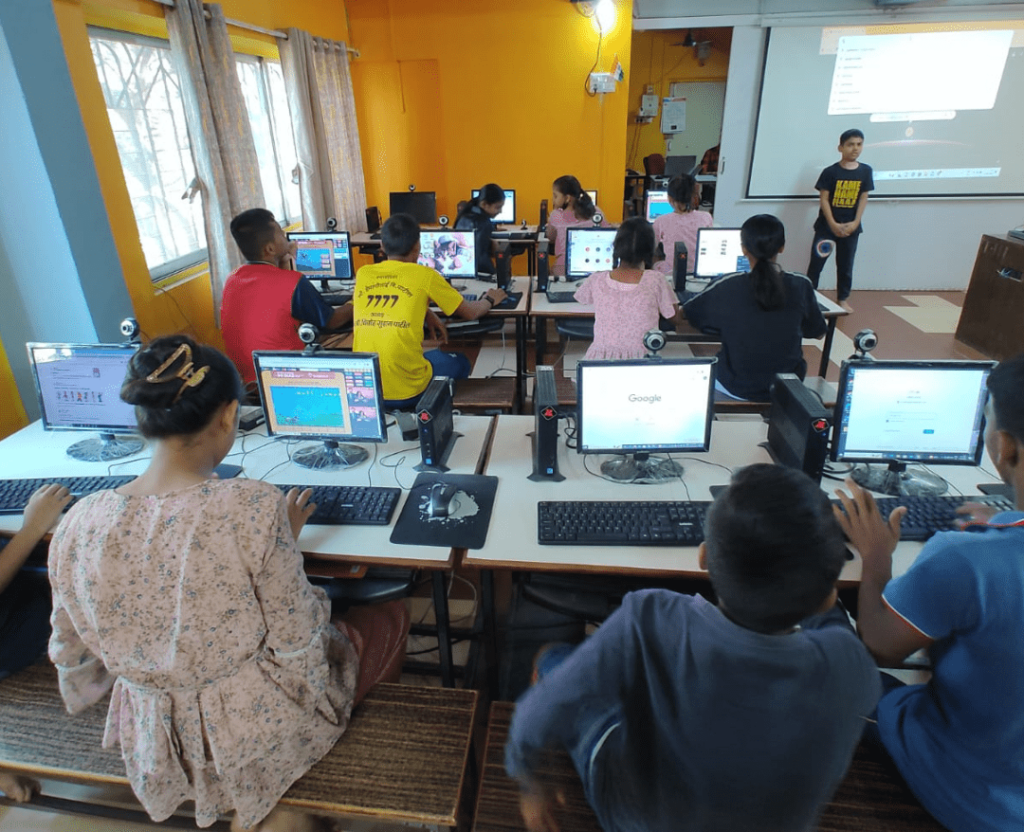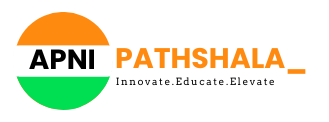If learning pods work in the USA, they can work in India too.
Learning pods, also known as micro-schools or digital learning centers, have become a popular alternative to traditional schooling in the United States. They were first set up during the COVID-19 pandemic, to provide a safe and controlled environment for learning, as many schools were closed. How do we replicate the success of these learning pods in the United States in India as well?
In India, the education system faces several challenges such as a lack of access to quality education for many families, particularly those in rural areas. The public education system is over-burdened and under-funded.

Government schools are overcrowded and most families are unable to afford private schools. This has led to a significant number of children being left out of the school system. Learning pods could provide an alternative for these families, giving them the opportunity to provide their children with a quality education.
One of the main advantages of learning pods is the small group setting, which allows for personalized instruction and a sense of community. In a learning pod, students have the opportunity to form close relationships with their peers and supervisors and are able to receive individualized attention. This can lead to a more enjoyable learning experience and improve their academic performance.
Another advantage of learning pods is that they can be adapted to meet the specific needs of the students and families involved. For example, learning pods can be created for specific age groups, subjects, or learning styles. This allows for a tailored learning experience that can better meet the needs of the students. This is far better than the crowded classrooms which characterize schools in India today, where the teacher is in a hurry to complete the curriculum, rather than in helping children to learn.
A potential concern with learning pods in India is the lack of trained teachers. However, this is actually a blessing in disguise! Teachers need students to teach, but students don’t need teachers to learn. And in any case, the world’s best teachers are found online! We need loving and caring adults to lead the pods, and one of the kid’s parents can take on this role if they want to. They take a hands-off approach and encourage students to become self-directed learners, who use online resources to learn for themselves. When they are stuck, they can ask the other students for help. Hands-on parental involvement will improve the quality of education in the long term.
In conclusion, learning pods have proven to be an effective solution for families in the US who were looking for a safe and controlled alternative to traditional schools to help their children learn during the pandemic. The concept of learning pods can be adapted to work in India as well because these provide a superior educational alternative.
- February 6, 2023
- Success Stories, Tuitions
- No Comments
